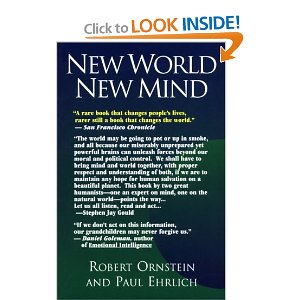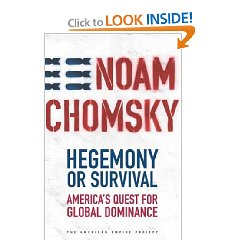The Senator, whose brother Jack was in my view assassinated for wanting to end the arms race so profitable to Wall Street, and whose brother Bobby was in my view assassinated for wanting to make government work as intended, is quite correct when he opens by suggesting that the checks and balances intended by our Founding Father are NOT WORKING. Excessive secrecy on the part of the Executive branch, combined with an abdicating Congress and a compliant Judiciary (the latter just rules against freedom of speech for government employees, penalizing those who denounce government waste, fraud, and abuse), have put not just democracy, but the fiscal and military health of the Republic at risk.
The Senator is very strong in emphasizing that national security today is too narrowly focused on a military mis-fit to terrorism, at the same time that we have lost the international moral authority that has long caused America the Good to be America the Safe. He articulates a complex but understandable approach to national security as being an integrated results of proper economic, educational, energy, infrastructure, counter-proliferation, and moral choices.
He sums up the failure of our global diplomacy (our unilateral pre-emptive diplomatic charade) as saying that we cannot deal with our enemies is we do not first deal fully and fairly with our friends.
He joins C.K. Prahalad (The Fortune at the Bottom of the Pyramid) and Jeffrey Sachs (End to Poverty) as well as Alvin and Heidi Toffler (Revolutionary Wealth) in discussing how globalization is NOT a threat if we invest in our people's education, training, and health. Critics of this book confuse universal health care with free health care. What they do not understand is that health care costs are a form of imposed slavery, preventing individuals from reaching their full potential because they cannot move from one employer to another without losing health care–or if they have none, they lose the ability to heal and jump back into the work force. The Senator focuses wisely on preventive health care. He does not actively condemn the mis-management of the current U.S. health system, but one need only look at the jump in medical tourism to India and Singapore, where major operations cost one tenth to one fifth of what they cost in the USA, to understand that our health system, like our military systems and our prison system, is dysfunctional.
There is a solid focus in this book on life-long education, and a strongly stated concern about the rise in inequality that accompanies failures in education. The top 1% and 10% of the American households are capturing MOST of the wealth in America, at the same time that middle and lower class earnings are dropping. The Senator advocates an increase in minimum wages (what some call “living wages” at the same time that he recognizes that illegal immigration is part of what is keeping wages down (and cost to government up).
He focuses on 2006 as an opportunity to put the country back on track. Based on my drive across the Nation (from Missoula, Montana to Oakton, Virginia) I would say that the Nation is ready. I was stunned by the number of common sense people, from Harley Davidson mechanics to truck stop waitresses, that think that this government has lost its mind and is a major part of the problem. As I read this book I also read in the news about how the White House is approving unlimited surveillance of all domestic communications; the Director of National Intelligence can exempt corporations from Security and Exchange Commission accountability and reporting; and government employees have no freedom of speech, even to report crimes by their superiors. This country does appear to be going insane, and Washington, D.C. is the central nuthouse.
As the author states, government is supposed to be a guarantor of individual rights and equality (all men created equal and the rest of that good stuff in the Founding documents), but the Republicans (the extremists that have disenfranchiese we moderates) have been mounting a determined assault of government, seeking to reduce its role in protecting the majority, while favoring the special intersts that can afford to bribe our Representatives with houses, yachts, and private jet trips to play golf in Scotland…and of course cash. [I also recommend Tom Coburn's book, “Breach of Trust” in which he documents the corruption of the Republican and Democratic party leaders who demand that representative vote the “party line” rather than what is good for their district). Washington is BROKEN.
The Senator's final recommendation is brilliant: the U.S. budget must become more transparent. I call this “reality based public budgeting.” What he is really talking about is the degree to which the budget is concealed from the public with escoteric earmarks, off budget funding, and budget decisions that bear no resemblance to our needs, but instead respond to bribery from special interests, and the ideological fantasies of extremists.
Overall this is a book that is full of common sense, that is thoughtful, that is easy to read and to understand. I put the book down thinking that the author is indeed a “great man” in the classical Churchillian sense of the word. He has a great mind, and he would make a good President. He has earned my total respect.










